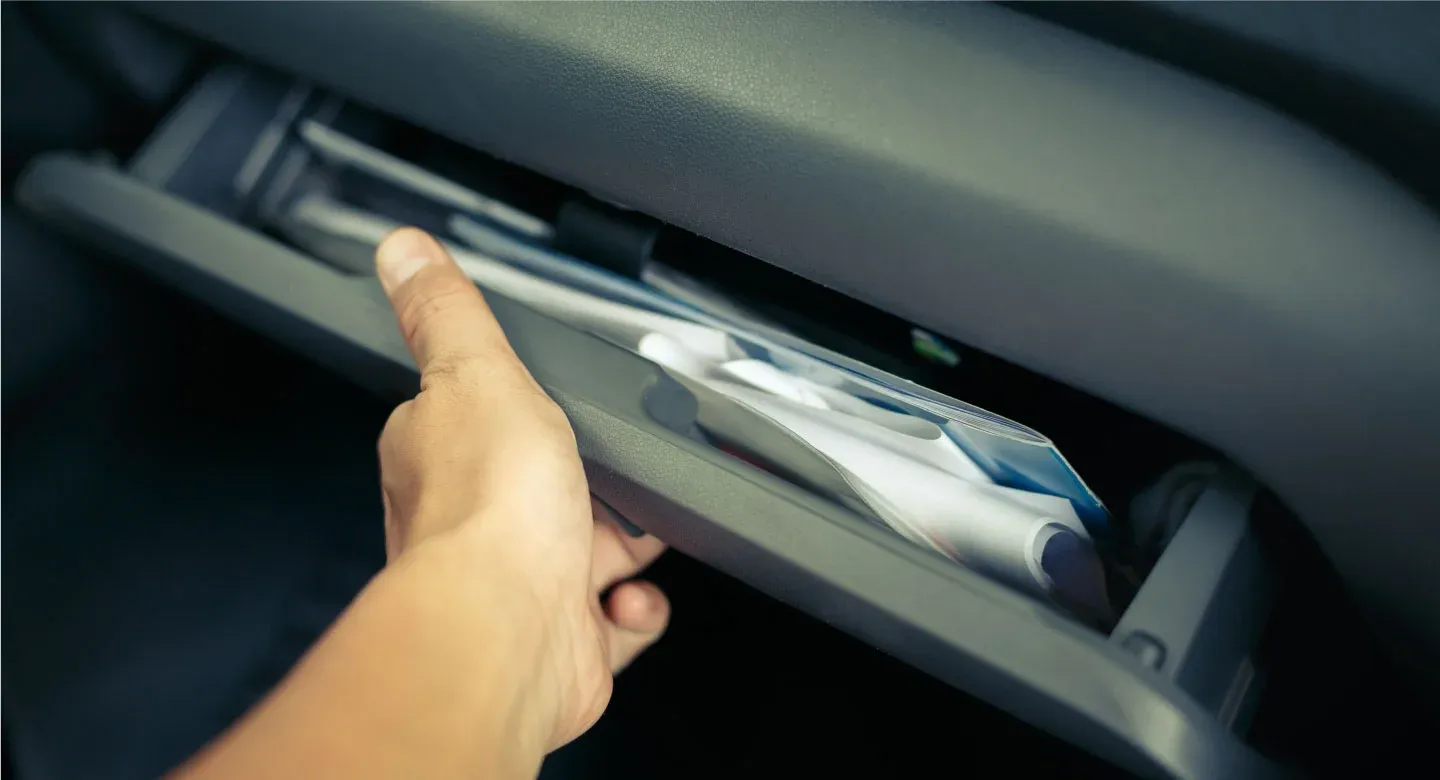Whether you’re a daily commuter or an occasional driver, carrying your car’s essential documents is not just a legal requirement—it’s also a smart practice that can save you from unnecessary fines, legal hassles, and confusion. In India, traffic regulations mandate that certain documents be available for inspection by police or transport authorities at any time. But beyond just compliance, having these documents handy ensures peace of mind in case of emergencies, accidents, or insurance claims.
Let’s explore why it’s important to always keep your car documents accessible and up to date.
Legal Requirement Under Indian Motor Laws
According to the Motor Vehicles Act, 1988, every vehicle owner must carry the following documents while driving:
- Registration Certificate (RC)
- Driving License (DL)
- Insurance Certificate
- Pollution Under Control (PUC) Certificate
- Road Tax Receipt (if applicable)
- Fitness Certificate (for commercial and older vehicles)
If you are stopped at a traffic checkpoint or involved in an accident, failure to produce these documents can result in fines, vehicle impoundment, or legal trouble.
Avoiding On-the-Spot Fines and Penalties
Traffic police across India are increasingly conducting random checks. If you fail to present valid documents:
- You may be fined under various sections of the MV Act.
- Fines can range from ₹500 to ₹5,000 depending on the violation.
- In some cases, your vehicle may be seized or towed.
- For repeat offenders, legal proceedings or license suspension may apply.
Pro Tip: Use the DigiLocker or mParivahan app to store digital versions of your documents. These are legally accepted across India.
Essential During Accidents and Emergencies
In case of an accident or road mishap, having your documents ready helps:
- Verify your identity and ownership to authorities.
- File an FIR or accident report with the police.
- Make a hassle-free insurance claim by submitting the necessary papers on time.
- Provide accurate information to emergency responders.
Being prepared speeds up the process and minimizes stress during high-pressure situations.
Helpful During Vehicle Servicing and Resale
When visiting a service center, especially for warranty-related work, you may be asked for:
- RC as proof of ownership
- Insurance details for claim-based repairs
- Service history and previous insurance for renewals
Similarly, if you plan to sell your car, having all original and updated documents increases the buyer’s confidence and simplifies the ownership transfer process.
Mandatory for Inter-State Travel
If you’re traveling across state borders:
- Police and transport officers may conduct thorough document checks.
- Missing documents can lead to delays, penalties, or refusal of passage.
- You may be required to show road tax receipts or NOC if the car is from another state.
Pro Tip: Carry a physical or digital folder with all relevant car documents while going on road trips.
Streamlines Insurance Renewal and Claims
Renewing car insurance or making a claim requires:
- RC and vehicle details
- Driving license
- Previous policy information
- PUC certificate
Keeping these documents handy helps avoid delays in processing and ensures continuous insurance coverage.
Peace of Mind and Preparedness
More than anything, having your car documents readily available gives you confidence. Whether you’re pulled over by a traffic cop, facing a legal dispute, or simply need to renew your policy, being organized saves time, avoids stress, and reflects responsible ownership.
Final Thoughts
Carrying your vehicle’s documents is more than a legal formality—it’s an essential part of safe and responsible driving in India. Whether stored physically or digitally, they ensure you’re always ready to handle inspections, emergencies, and transactions without any disruptions.
Make it a habit to check that your documents are current, valid, and easily accessible—your wallet, glove compartment, or phone can be the best place to store them securely.

